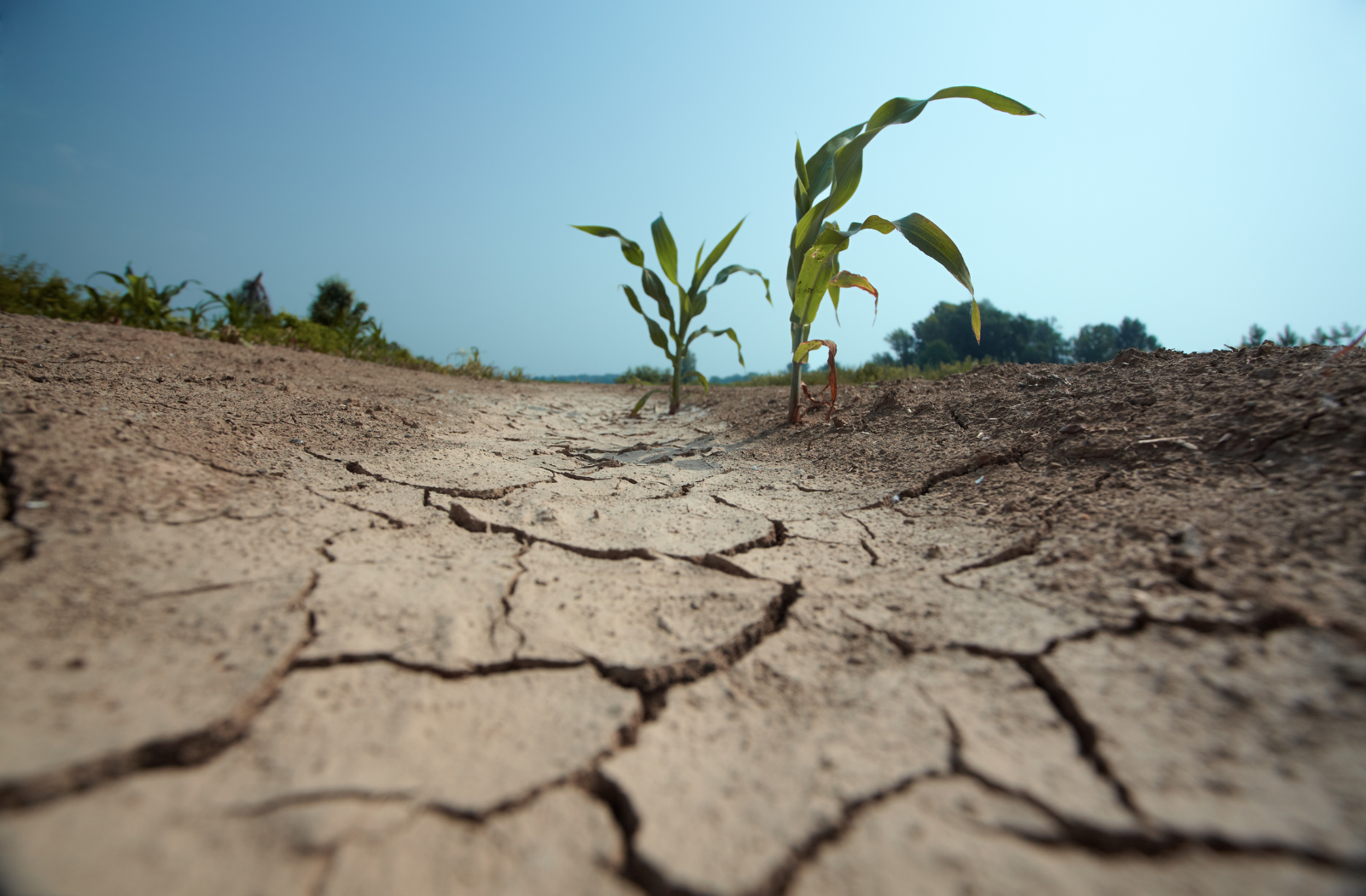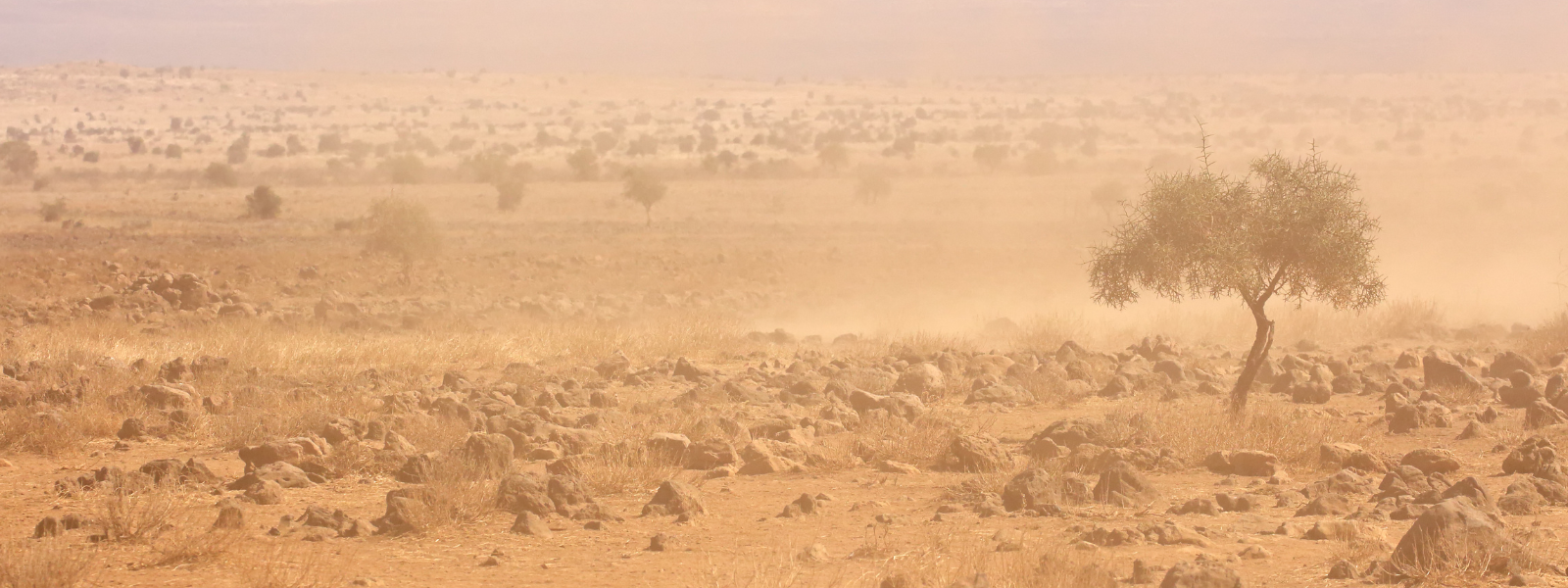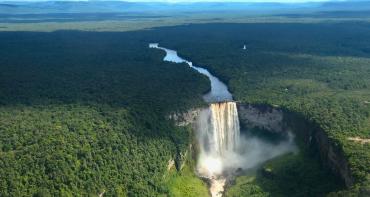By Ekta Dudani, Climate Change Research and Policy Officer and Mxolisi Sibanda, Adviser, Climate Change

This week, the UN marked 17 June as the World Day to Combat Desertification and Drought. It is a significant issue as approximately two billion people depend on ecosystems in dryland areas. Up to 90% of them live in developing countries, including those within the Commonwealth.
With degradation of ecosystems, climate change and unsustainable human uses, many communities are caught in a spiral of ever-continuing loss of tree cover, erratic rains, more frequent droughts, less productive soil, worsening erosion and dust storms.
Desertification, climate change, and biodiversity loss were identified as the greatest challenges to sustainable development at the 1992 Rio Earth Summit. In response, the General Assembly established the United Nations Convention to Combat Desertification (UNCCD) in 1994, the only legally binding international agreement linking environment and development to sustainable land management.
Leveraging partnerships for action on drought
The true extent of drought-related losses is often underestimated and requires urgent and concerted action from all. At the last UNFCCC COP meeting in Dubai, the Commonwealth Secretariat became members of the International Drought Resilience Alliance, coordinated by the UNCCD.
As part of our on-going actions in this area, we are organising a roundtable discussion in June, in conjunction with UNCCD. It will take place during London Climate Action Week and will focus on enhancing climate resilience through integration of sustainable land management and index insurance.
We will continue to join hands with other partners to address this growing global challenge, tapping into all the innovation and ingenuity that exists across our family of nations, including from our indigenous peoples, local communities, business, scientists and policymakers.
Drought in numbers
There is no doubt that there should be attention focused on this issue. Droughts have caused over 10 million deaths and several hundred billion US dollars in economic losses globally in the past century, with Africa experiencing the most severe impacts. Here are some numbers:
- Threat to economic security: from 1998 and 2017, droughts led to global losses estimated at US$124 billion—a figure that has risen by 29% since 2000.
- Threat to food security: droughts directly affect 55 million people annually, making them a serious hazard to producing livestock and crops worldwide. Given that 95% of our food comes from the soil, this poses a severe threat to food security, potentially leading to widespread famine.
- Threat to water security: in 2022, more than 2.3 billion people faced water stress, and nearly 160 million children were exposed to severe and prolonged droughts.
- Threat to stability: It is estimated that around 50 million people could be displaced within the next decade due to desertification

A dry reality for the Commonwealth
From 2020 – 2022, 23 countries faced drought emergencies. This dry reality is evident among Commonwealth countries across all the regions. Recent examples of this reality are Kenya, Lesotho, Malawi, Mozambique, Pakistan and Zambia. Pacific Island countries also face devastating impacts of drought, while three Caribbean countries: Barbados, St Kitts and Nevis, and Antigua and Barbuda, are in the top ten of countries where water is scarce.
Kenya has had four successive seasons without sufficient rain in the northern regions, according to the Famine Early Warning Systems Network (FEWS). The current drought that the country faces is the most severe in four decades since September 2021. Amidst this crisis, a particularly vulnerable group has emerged: 134,000 pregnant or breastfeeding women, some suffering from acute malnutrition, are in desperate need of immediate care.
In Lesotho, over half a million people are facing severe food shortages, with tens of thousands being "one step away from famine", according to UN humanitarians in 2019. In response, they issued an urgent appeal for funds to address the crisis.
In Malawi, since May 2024, around nine million people have grappling with the devastating impacts of floods and drought. These extreme weather events have destroyed harvests, causing hunger to soar to crisis levels.
Like its neighbour, Mozambique's food security continues to deteriorate due to the compounded effects of the 2023-2024 El Niño, one of the strongest on record, which brought below-average rainfall to southern and central Mozambique. With 80% of Mozambique's population relying on rain-fed subsistence agriculture, over 20 million people are affected by the drought, including 2.7 million already facing food insecurity.



